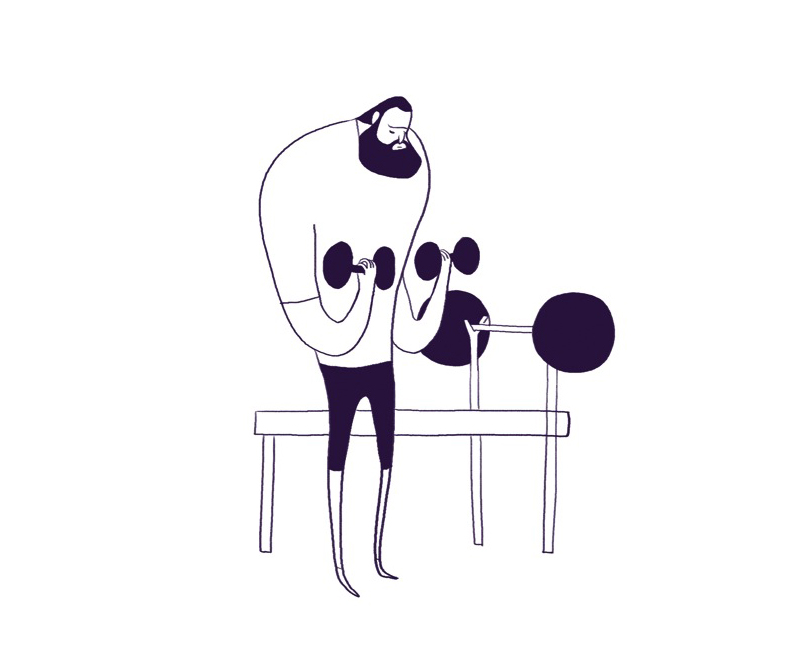The Road to Recovery: Our Child’s Early Sobriety

An Allies in Recovery member writes from the heart about his loved one’s sobriety, sharing his experience of being the parent of an adult child in early recovery.

Where were we at 100 days of sobriety?
At 100 days, we found ourselves with fairly high expectations – When will he get a job? Is he progressing through his step work? Does he have a sponsor? Is he going to counseling? ….
Were those expectations helping or hindering him? I don’t know about him, but they were clearly hindering my own recovery from his addiction.
When he approached 100 days in recovery we were pleased, exhausted, anxious, proud of him, worried, and impatient for more, all at once.
We were in the beginning stages of recovery ourselves. How could we help him if he expressed or evidenced the difficulty of staying focused and doing all the work of recovery?
Our reaction when he told us of the challenges he faced
When he told us how difficult it was for him, we said:
“Well, son, we are proud of you for what you have already done and we know you can and will continue; it is your destiny to be well. But, this path is difficult for all of us. We are new to this too and we are finding our way and probably won’t always seem to know what we are doing.
We are afraid, anxious, a bit lost too. But determined to move forward. We want to be as supportive as possible and we must do things that support recovery – just as you must. As difficult as it seems, most of the work will be on your part.
Please follow your recovery plan. Embrace your newfound sobriety. You have done so much work already. Do attend meetings for, after all, “meeting makers, make it.”
Don’t try to go this on your own. Lean on your sponsor, lean on your therapist/counselor, lean on your new sober friends. Rely on your “higher power”. Follow your recovery plan, and don’t waver.
You deserve to be, and you will be happy. We love you and we are proud of you.”
We needed him to know about our feelings, too
It was important for us to acknowledge our feelings about being in this together, the :
- weakness, uncertainty and fear,
- determination to ensure we took the right steps,
- pleasure in how well he had done so far, and
- knowledge that he had the ability to continue to improve.
We also expressed to him that:
- we accept him and the difficulties he faces;
- that we are proud of him and not embarrassed;
- that he can choose to see his newfound sobriety as a burden or a blessing: something that can give him strength, a sense of self-assuredness, a place where he can stand in his own truth, OR something that can drag him down if he gives into thinking “this is too much work.”
Firmly and gently, we had to let him know that it was his work to continue – no one else could do the work – and that we fully expected him to give his best effort. Much was owed to the many who had helped him so far; and their payback was his continued recovery.
We love him either way, but we will do only those things that support recovery. We reiterated our boundaries.
Did it help? Perhaps – he now has over a year in recovery. Are we less anxious? Perhaps. Are we still waiting to get our son “back”? Yes. But we, ourselves, are in a much better place. Hope and faith. Recovery is possible.
* A membership at Allies in Recovery brings you into contact with experts in the fields of recovery and treatment for drug and alcohol issues. Our learning platform introduces you to CRAFT and guides you through the best techniques for unblocking the situation. Together we will move your loved one towards recovery. Learn more here.
